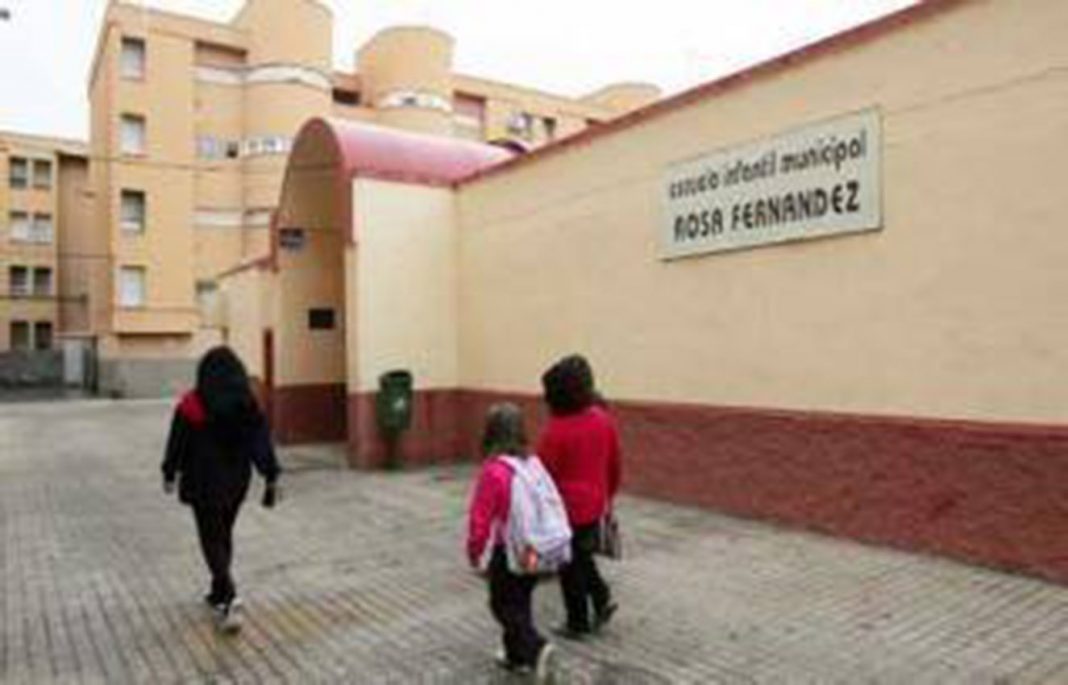A two and a half year old child enrolled in a nursery in Elche remains hospitalized in a European country where he is suffering a meningococcal meningitis, as confirmed by the Ministry of Health.
The case was detected last Saturday, while the boy was traveling with his family and he was quickly admitted to a hospital. It is understood that he has now been moved from the Intensive Care Unit (ICU) and is progressing favorably.
On Monday, the Rosa Fernández municipal school, was informed of the case following which the Ministry of Health activated the necessary protocols. It was decided to treat all of the children and staff with medicines, in total 84 children and a score of adults, mostly the teachers.
However the department of Public Health are now appealing for calm stating that children and teachers are able to continue life at the school as normal. They confirm that the actions taken were only as a precautionary measure. Indeed it is understood that the school has adopted the advice and business has now returned to normal.
The local health centre and other health centres in Elche have all been notified to report any similar incidents to the Department.
Along with the chemoprophylaxis, the heads of the Ministry of Health gave a talk to parents and teachers explaining the protocols to be followed should there be any further concerns.
The Department of Education have pointed out that it is not a typical disease, and in the case of Elche and its surroundings this is the first case that is recorded in 2019. Last year the health department only registered a similar case.
According to Medline Plus, meningitis is inflammation of the thin tissue that surrounds the brain and spinal cord, called the meninx. There are several types of meningitis. The most common is viral meningitis, which occurs when a virus enters your body through your nose or mouth and travels to the brain.
Bacterial meningitis is rare, but it can be deadly. It usually starts with bacteria that causes flu-like infections. It can cause a stroke, deafness and brain injuries. It can also damage other organs. Pneumococcal infections and meningococcal infections can cause bacterial meningitis.
Anyone can get meningitis, but it is more common in people with weak immune systems. Meningitis can get worse very quickly. You should seek medical attention immediately if you develop: a sudden fever, severe headache, stiff neck, nausea, or vomiting.





